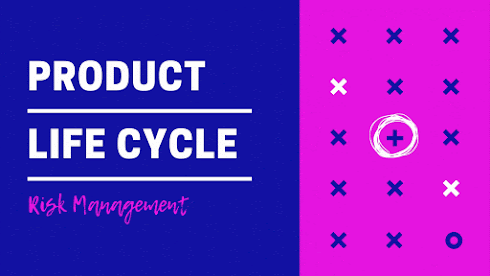The model of
the product life cycle is based on the notion of a biological cycle, i.e. the
from birth to the death process. For a commercial product, the pattern is fine,
and it can also be interpreted as a mechanism embedded in the other processes
in a company. In risk control, the interaction between the project management
systems and the other business processes must be known by all subjects
concerned. The product life cycle is a normal context for the examination of
product management partnerships and procedures. It can be defined as a way of
describing a product's start and end and all phases in between. The way the
life cycle is described ranges from industry to industry, but it also ranges in
relation to multiple organizations and enterprises within the same sector. In
product life cycle management, as separate stages are achieved, the risk
strategy varies.
The product
life cycle or product life cycle management (PLM) is a continuum of regulation
sustained from conception to design and manufacturing to operation and
disposal. PLM comprises entities, records, operations, and business structures
and reflects the primary flow of knowledge within enterprises. PLM programs, at
the same time, allow companies to deal with increased pressure and different
technical tasks for global business environments related to innovative product
technologies. In the product conception process, low-quality data produced can
mean substantially higher costs in the subsequent phases. In addition to its complexity,
the number of components used in most of today's goods is growing.





No comments:
Post a Comment